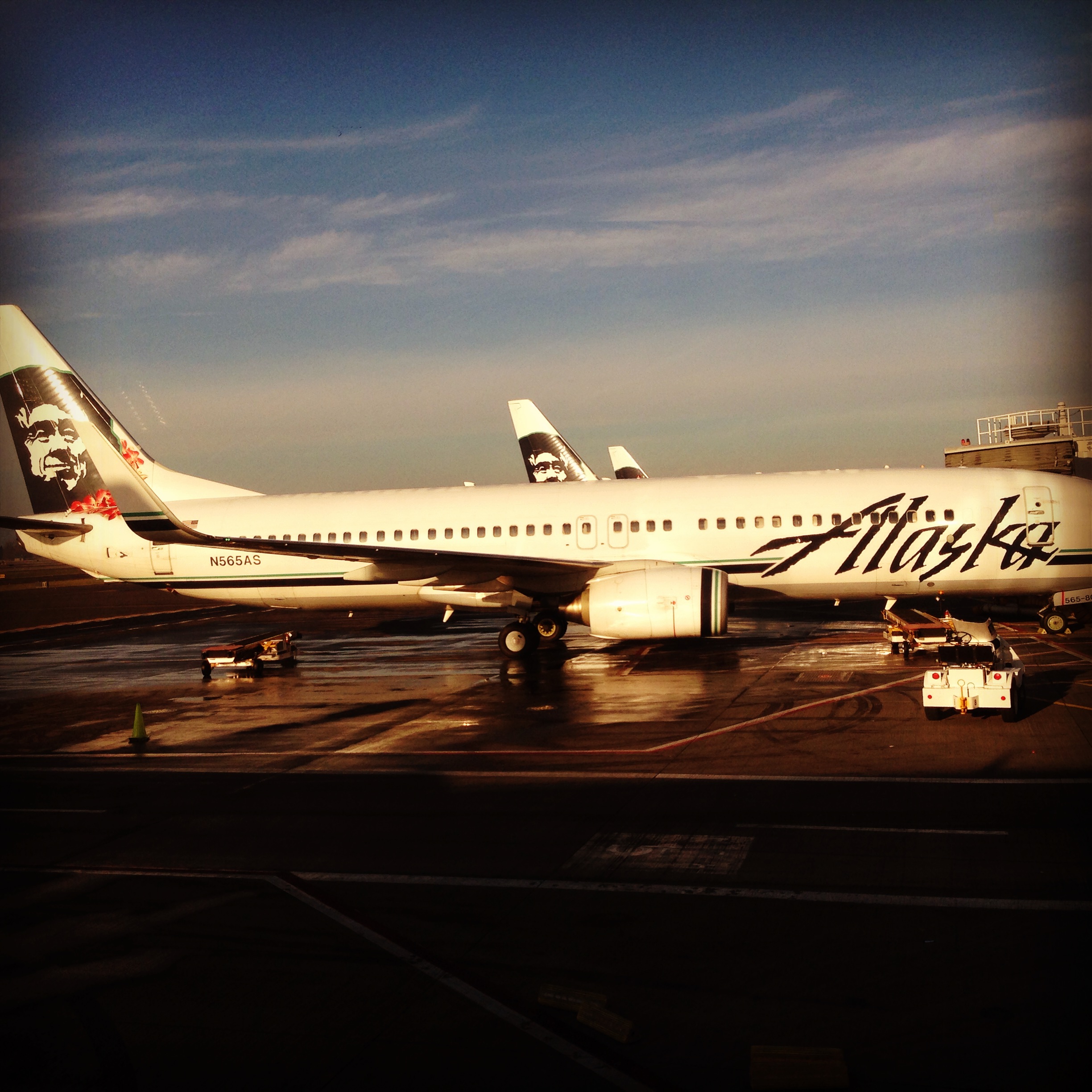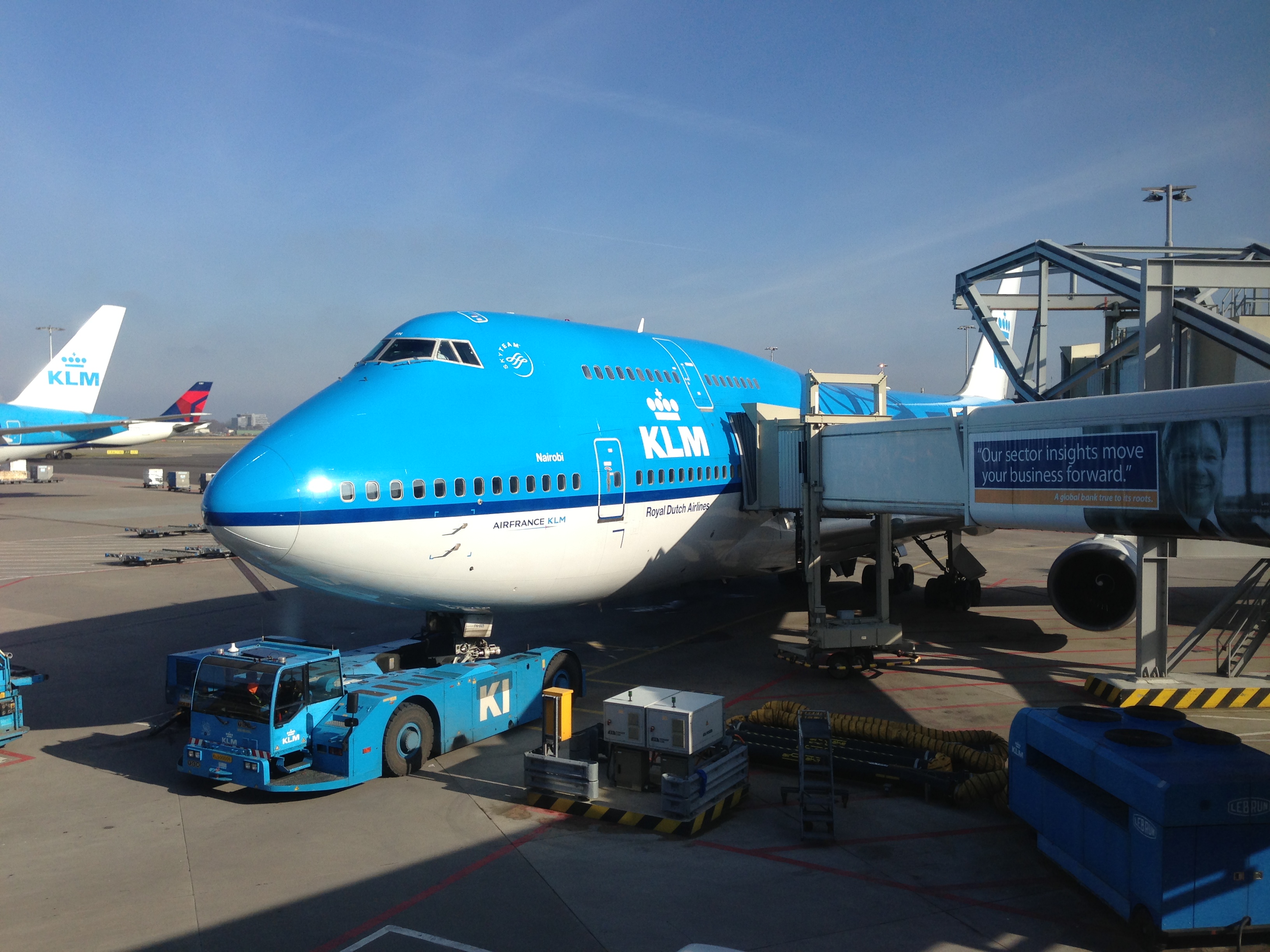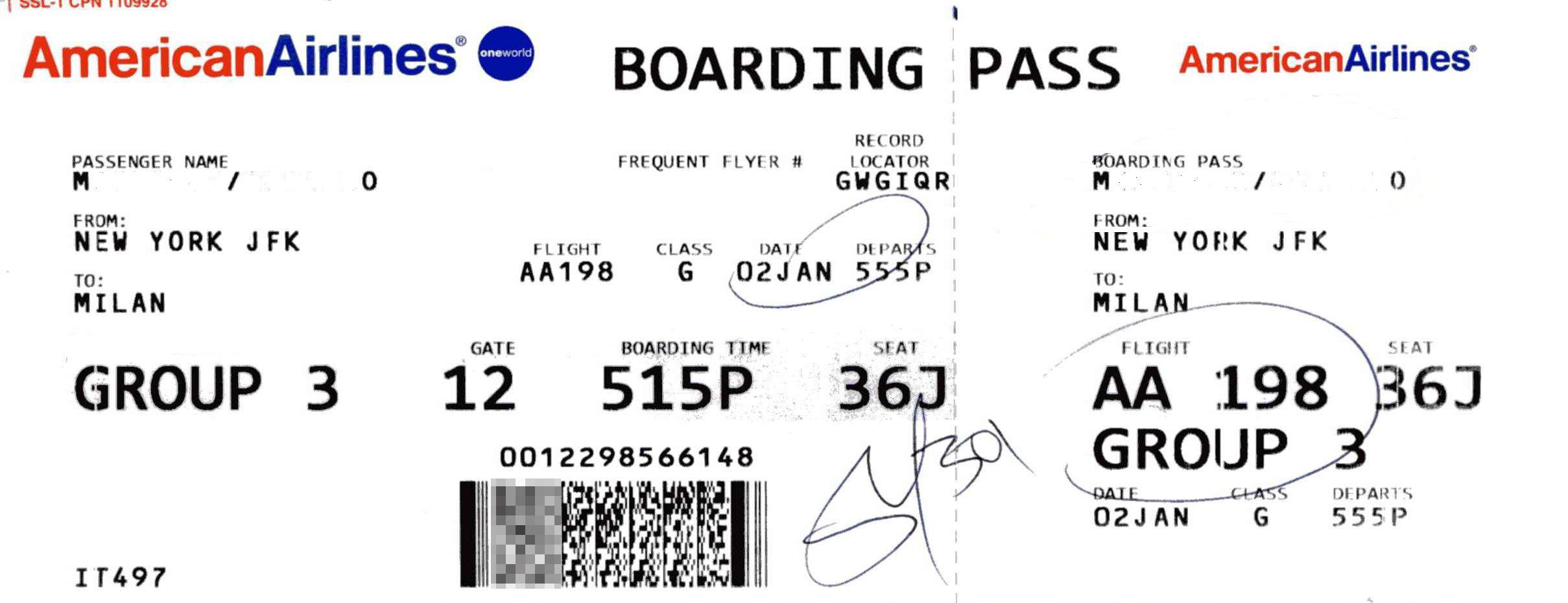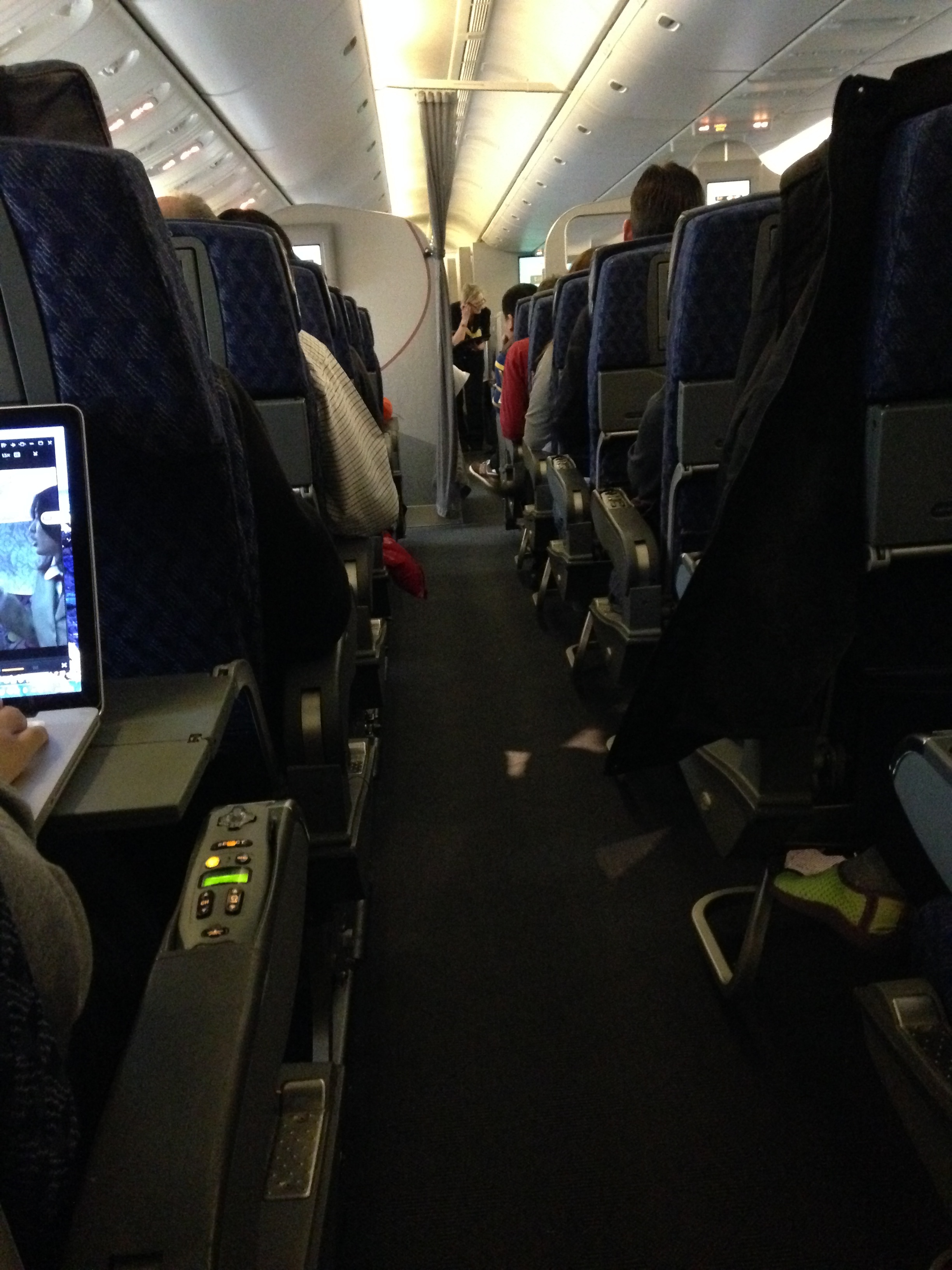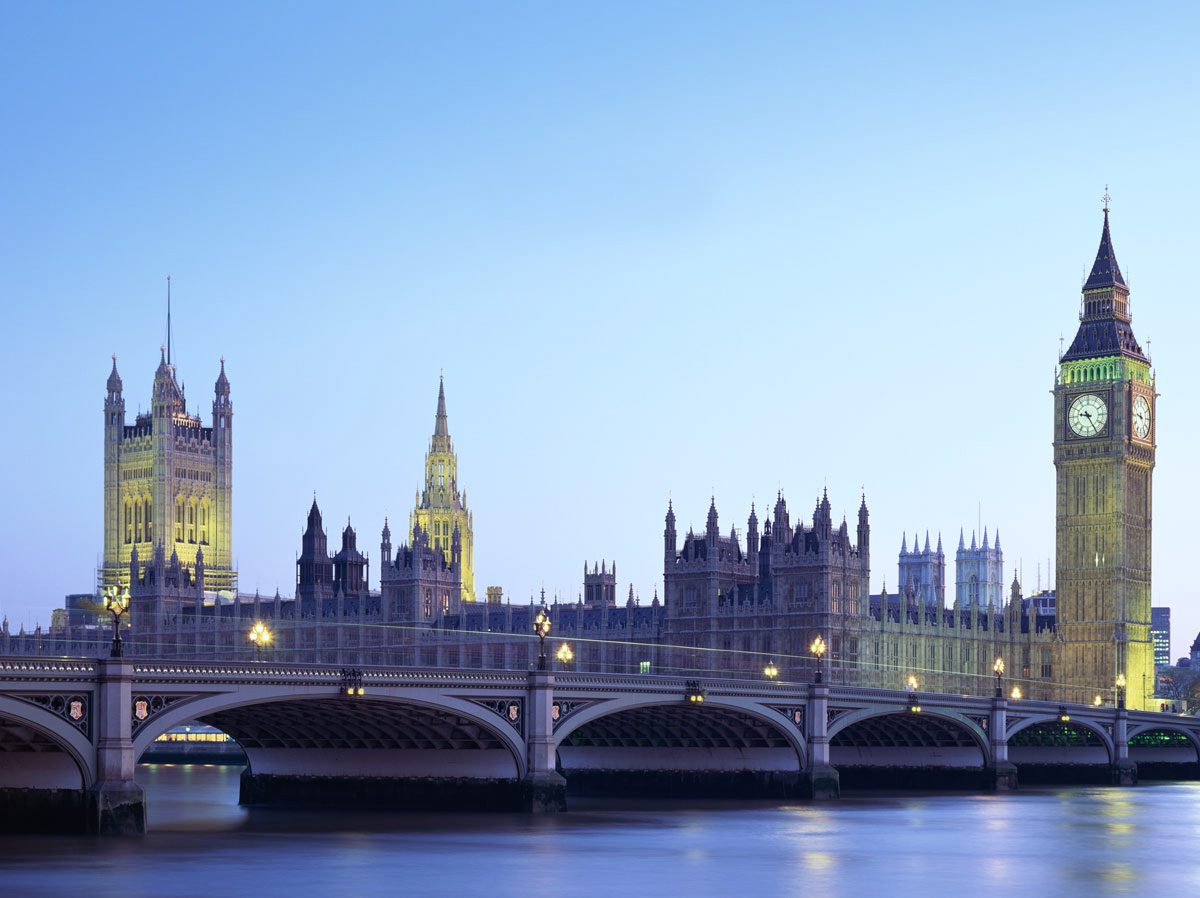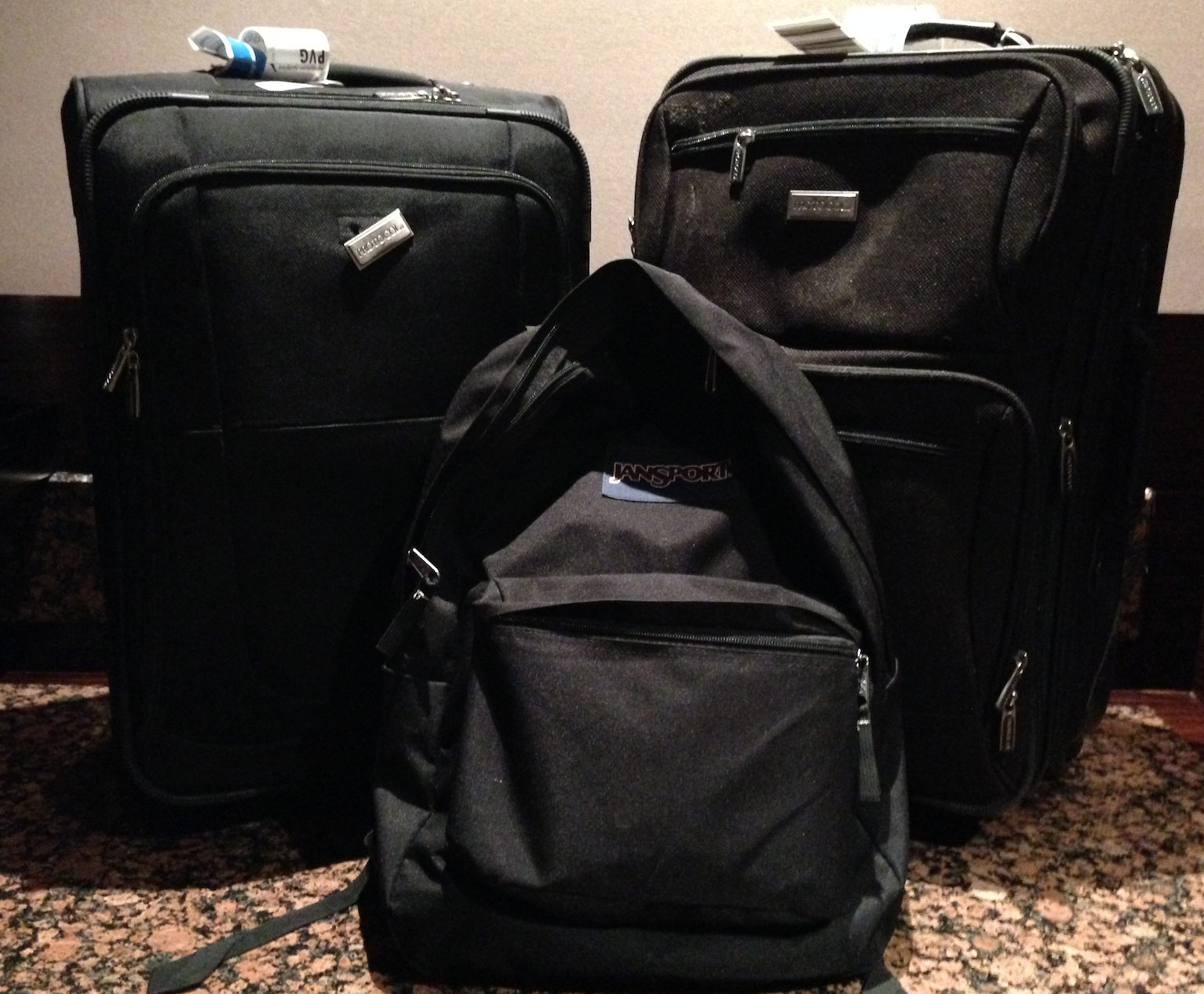The Transparent Airfares Act of 2014
The Transparent Airfares Act of 2014 wants to make the price of airline tickets seem cheaper. The proposed legislation will make fares look about 20% cheaper because the share the federal government and airports’ pocket for taxes and fees will not be included in the advertised price until you are on the checkout page.
As of now, the 2012 Department of Transportation regulation demands airlines bundle taxes, surcharges, and fees in the ticket price when they advertise it and show it on their website and emails. Essentially this regulation makes it easier for the consumer to know what they will be paying without getting fooled at the last minute.
The airlines say that’s how commerce works. It’s the fair and competitive way to advertise ticket prices. After you buy, that’s when taxes and other fees should be added because that is how it is when you go shopping. However, when dealing with airfare taxes and fees are usually not fixed like sales taxes are in a city/state where you should know the percentage and can make an educated guess on what the final price will be.
Lawmakers and the airline trade association Airlines for America (A4A) agrees with the Transparent Airfares Act of 2014. They claim it’s a pro-consumer bill, restoring transparency and truth in advertising while revealing the actual airfare and then the taxes.
The new law would eliminate the DOT regulation which is called the “full-fare advertising rule,” which consumer groups and passengers support. The airlines don’t like how governments bury taxes inside ticket prices because it makes flying look more expensive. Passenger advocate groups on the other hand disagree, businesses regulated by the federal government, like gas stations, tobacco or alcohol must quote a complete price, including all taxes.
The proposed legislation was introduced in the House of Representatives by Chairman Bill Shuster (R-PA) and Representative Peter DeFazio (D-OR), making it a bipartisan piece of legislation. Click here to see a list of representatives who currently cosponsor this act.
Meanwhile, check out the top 5 contributors to Mr. Shuster’s campaign. Who is he really working for? The people of Pennsylvania and the United States or the big airline companies?
Bill Shuster’s Top 5 Contributors, 2013-2014 Campaign Committee
| Contributor | Total | Indivs | PACs |
|---|---|---|---|
| Airlines for America | $16,700 | $6,700 | $10,000 |
| Delta Air Lines | $13,500 | $10,500 | $3,000 |
| American Trucking Assns | $12,500 | $2,500 | $10,000 |
| Nossaman LLP | $12,000 | $7,000 | $5,000 |
| United Continental Holdings | $12,000 | $2,000 | $10,000 |
Bill Shuster’s Top 5 Industries, 2013 – 2014, Campaign Committee
| Industry | Total | Indivs | PACs |
|---|---|---|---|
| Air Transport | $125,600 | $32,100 | $93,500 |
| Lawyers/Law Firms | $99,500 | $28,000 | $71,500 |
| Construction Services | $94,950 | $39,700 | $55,250 |
| Building Materials & Equipment | $89,750 | $25,250 | $64,500 |
| Oil & Gas | $89,600 | $12,500 | $77,100 |
*Charts courtesy of OpenSecrets.org
If one of your representatives is on the list you should call or write to them and show your dissatisfaction with this proposed legislation, tell them you will not re-elect them if they vote for a bill that helps big corporations while hurting the consumers yet again. It is bad enough that we have to deal with all these sleazy mergers. And to be honest with you, no, I’m not one of those “Occupy Wall Street” folks or people who bash and hate big corporations. On the contrary, I support capitalism and free trade but I do not stand for politicians passing laws that will hurt consumers. Mr. Shuster and his colleagues in congress don’t have to worry about airfare because travel between their home and Washington, D.C. is paid for by us, the taxpayers, and the political party also covers fundraising events and functions. However, us the consumers have to pay out of pocket for our air travel and leisure activities.
I remember a few years ago airlines would advertise flights to Europe and Asia for like $300 round trip but once you got to the last page to pay, the price increased to $900. Why? because they added the taxes & fees that they weren’t required to post in the advertisement that you saw the “$300” quote on.
